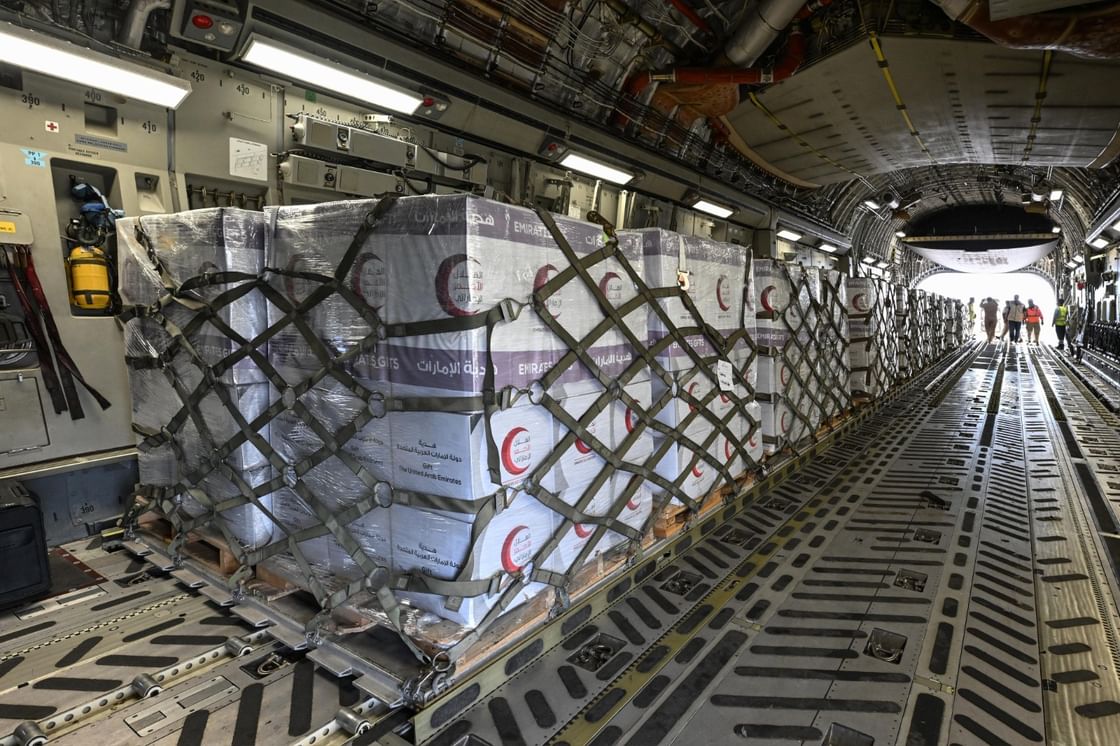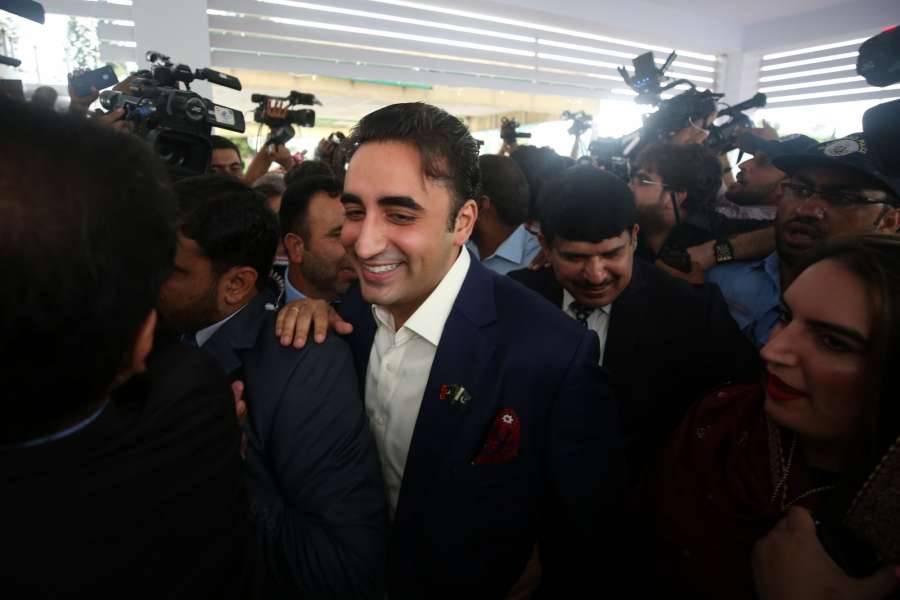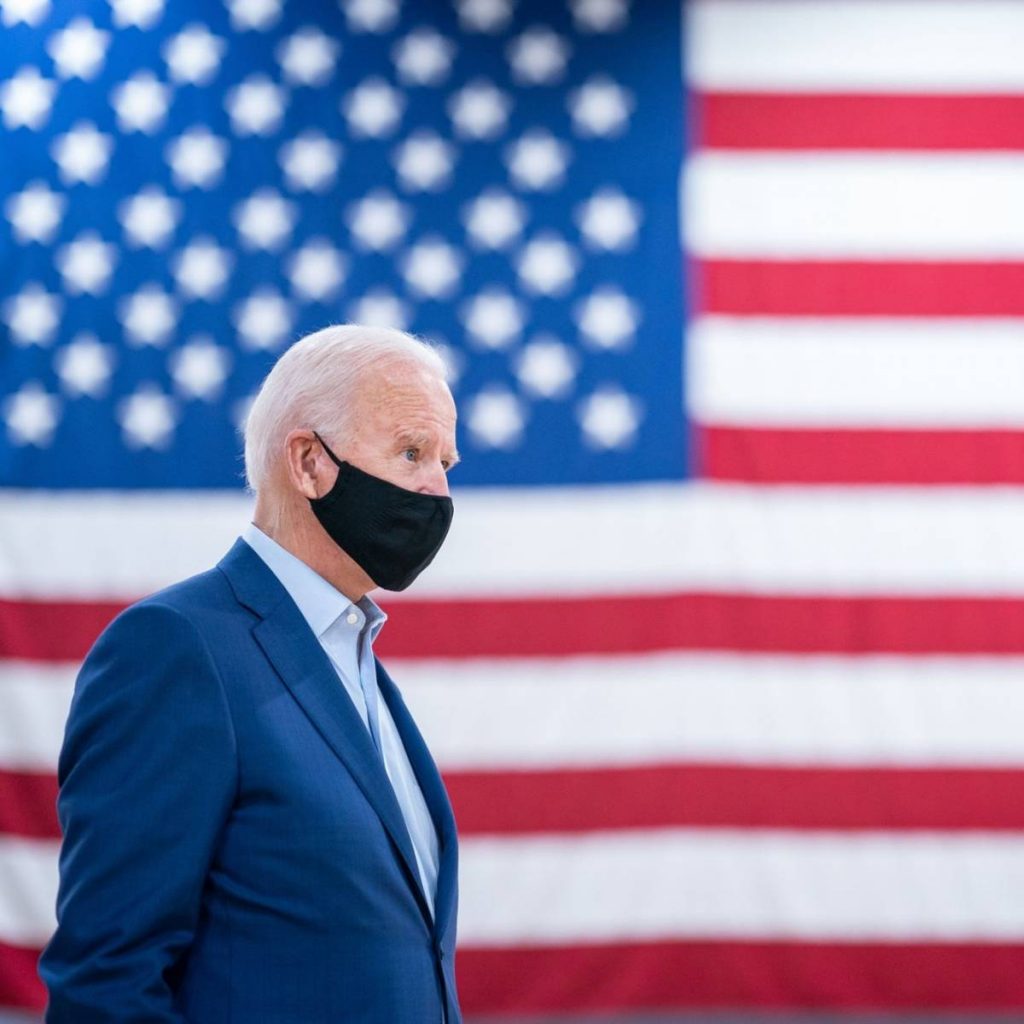For long, the Chinese have wanted to play a leading role in Afghanistan, buoyed by support from neighbouring Pakistan, and with the Taliban as the frontline, a report by Atul Aneja and Rahul Kumar
A grand geopolitical drama with seismic implications is unfolding in Afghanistan. The United States is leaving Kabul with its mission largely unaccomplished.
Pakistan-backed Taliban fervently wants to fill the emerging vacuum left behind by the departing American and NATO forces.
But if the Taliban succeeds in driving the formation of a new government, the real winner would be China, accepted by Pakistan after considerable internal quarrels, as its unrivalled boss.
For long, the Chinese have wanted to play a leading role in Afghanistan, buoyed by support from neighbouring Pakistan, and with the Taliban as the frontline. Way back in 2016, when the Americans were giving early indications of their departure, a leading Chinese think tanker had told The Hindu, that after the Americans leave, China would be the custodian of Afghanistan’s destiny.
“The killing of Osama bin Laden was a benchmark, as it marked the Obama administration’s policy to scale down American presence in Afghanistan. Ever since, China has given more and more importance to its bilateral ties with Afghanistan. China has to plug the resulting vacuum because no one else would. This is necessary to secure One Belt One Road (OBOR). Then there are compulsions of safeguarding the China Pakistan Economic Corridor (CPEC). Xinjiang’s stability is another big concern,” said Hu Shisheng, a South Asia expert with the China Institute of Contemporary International Relations (CICIR)

What are China’s strategic objectives in Afghanistan?
First, China wants to pivot Afghanistan in its direction and dock Kabul with Beijing’s Belt and Road projects. That structural change is possible by extending the China Pakistan Economic Corridor (CPEC) into Afghanistan. Right now, CPEC starts from the Arabian sea port of Gwadar in Pakistan and the heads to Kashgar in China’s Xinjiang province. But it can be further extended into Afghanistan, the gateway to Uzbekistan and the heart of Central Asia.
“We can vouch that China will fund the rebuilding of Afghanistan through the Taliban via Pakistan,” the Financial Times quoted an Indian official as saying. “China is Pakistan’s wallet.” FT quoted another diplomat in the region as saying: “China at the request of Pakistan will support the Taliban.”
ALSO READ: CPEC: Gilgit-Baltistan Pays the price for China’s Greed
China is no stranger to the Taliban. Taliban delegations have been making regular visits to Beijing, and China has feted them across the country with lavish excursions.
“China wants to extend the BRI network in Afghanistan and has been in contact with the Taliban since 2014. It recently pledged a road network and various energy projects for Taliban in exchange for peace but nothing concrete has been heard from the Taliban,” geopolitical analyst Mark Kinra told India Narrative.
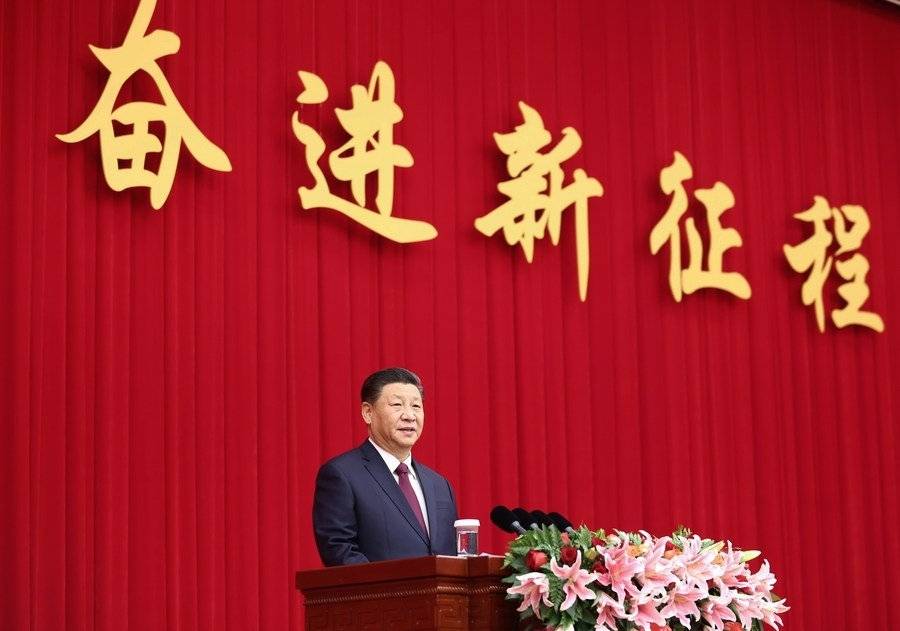
Second, by drawing Afghanistan in new structural networks, the Chinese want to wean away Kabul’s dependence on India and the West, thus, geopolitically positioning the country firmly into Eurasian multilateral structures.
Third, once Afghanistan enters the “new era,” China is expected to gun for Afghanistan’s vast natural resources including lithium and rare earths which go into everything from new energy vehicles, cell phones to missiles. Gwadar and Karachi would become natural gateways for transporting this raw material to industrial hubs, from where they are marketed and sold across the world at high profits.
But China’s gameplan in partnership with the Pak-Taliban nexus is not a done deal. Russia is bound to oppose Chinese inroads into Central Asia, which has been traditionally Moscow’s backyard. India is unlikely to accept a situation where hostile forces converge, Pakistan gets its coveted “strategic depth” against New Delhi, and the country is exposed to terror exports.
Fourth, China wants to stop the use of Afghan territory as the launchpad for ethnic Uyghur fighters who are part of the East Turkistan Islamic Movement (ETIM). “China’s lure for investment is also to restrict Islamic militants from crossing into China. The ETIM aligned with Taliban has been active in Badakhshan province bordering China, where the Taliban has recently been closing in with attacks in various districts of the province,” adds Kinra.
The key to reversing the China’s diabolic gameplan of being the masters of Eurasia lies in making air power available to the Afghan government forces, which have boots on the ground to block the Taliban’s march to Kabul. The Pakistanis have refused to provide the Americans any airbases to mount an anti-Taliban air campaign. India and Russia, with considerable heft in the air may like to consider a plan-b to check China’s regional advance, routed through Afghanistan.

Quad could counter BRI
Ahead of the proposed in-person summit of the Quad countries — India, Japan, Australia and the United States – later this year a top US official has unveiled a vision for competing with China by forming a broad strategic and economic coalition of like-minded countries.
Kurt Campbell, US President Joe Biden’s Indo-Pacific policy coordinator said that “a period that had been broadly described as engagement has come to an end.”
“The dominant paradigm is going to be competition. Our goal is to make that a stable, peaceful competition that brings out the best in us,” he said during an online event with Stanford University. But he cautioned: “There will likely be periods ahead, in which there will be moments of concern.”
Campbell said that the proposed Quad summit could look at going ahead with a grand infrastructure plan that would be at par with the China’s Belt and Road Initiative (BRI)– a massive pan-Eurasian connectivity project that Beijing leads.
“We want to look this fall to convene an in-person Quad and the hope will be to make a similar kind of engagement on infrastructure more generally,” Campbell observed.
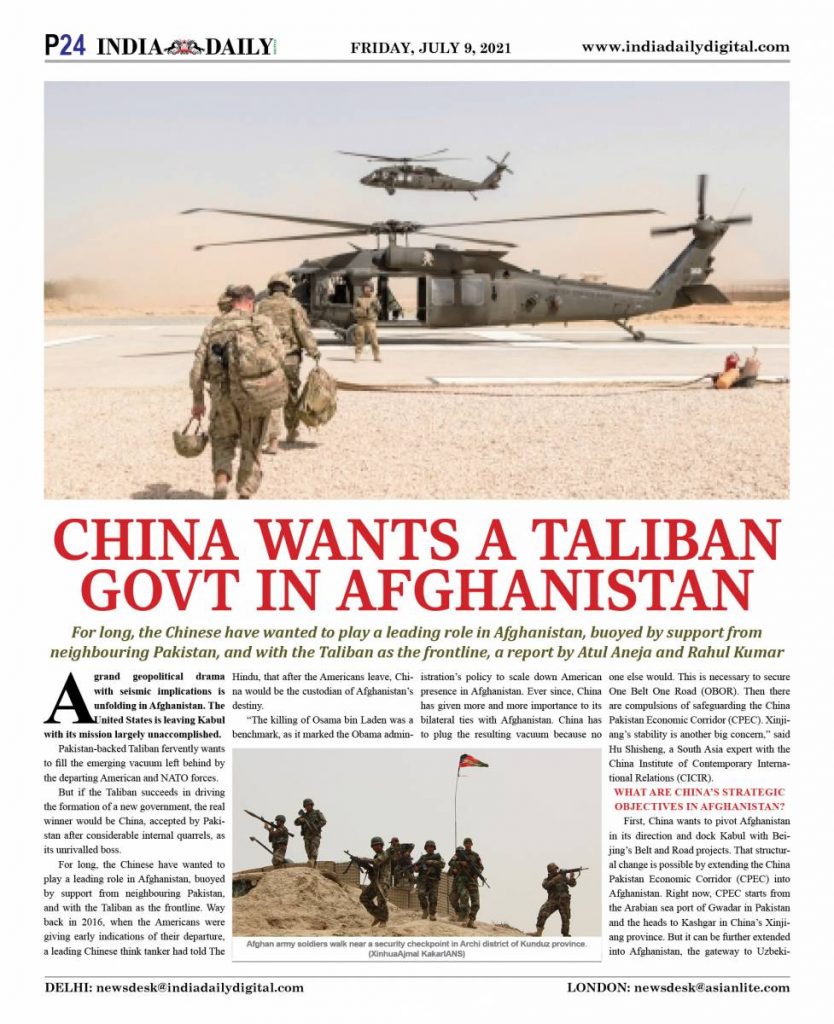
The Quad has already mutated into a Quad+ mechanism which also includes New Zealand, South Korea and Vietnam to combat the Covid-19 pandemic. Three Quad countries�India, Japan and Australia are also working together to form alternate supply chains that exclude China.
The US official stressed that more countries could join Quad core in the future.
Campbell pointed out that the “operating system” that the US had helped build in Asia had not been disturbed. Yet, it was “under substantial strain” on account of China’s rise.
“It’s going to need to be reinvigorated in a number of ways, not just by the United States, but other countries that use the operating system and that means Japan, that means South Korea, Australia, countries in Europe that want to do more in Asia and across the board.” France, Germany and Britain have already flagged their strategic interests in the Indo-Pacific region, but details about working as a collective with other partners were yet to be defined.
Campbell asserted that the Quad was not an exclusive “fancy club.” If there are other countries that believe that they’d like to engage and work with us, the door will be open as we go forward,” Campbell said.
(The content is being carried under an arrangement with indianarrative.com)
ALSO READ: China bans new tall skyscrapers over safety concerns
ALSO READ: China must avoid overreacting to Modi’s birthday greetings to Dalai Lama



